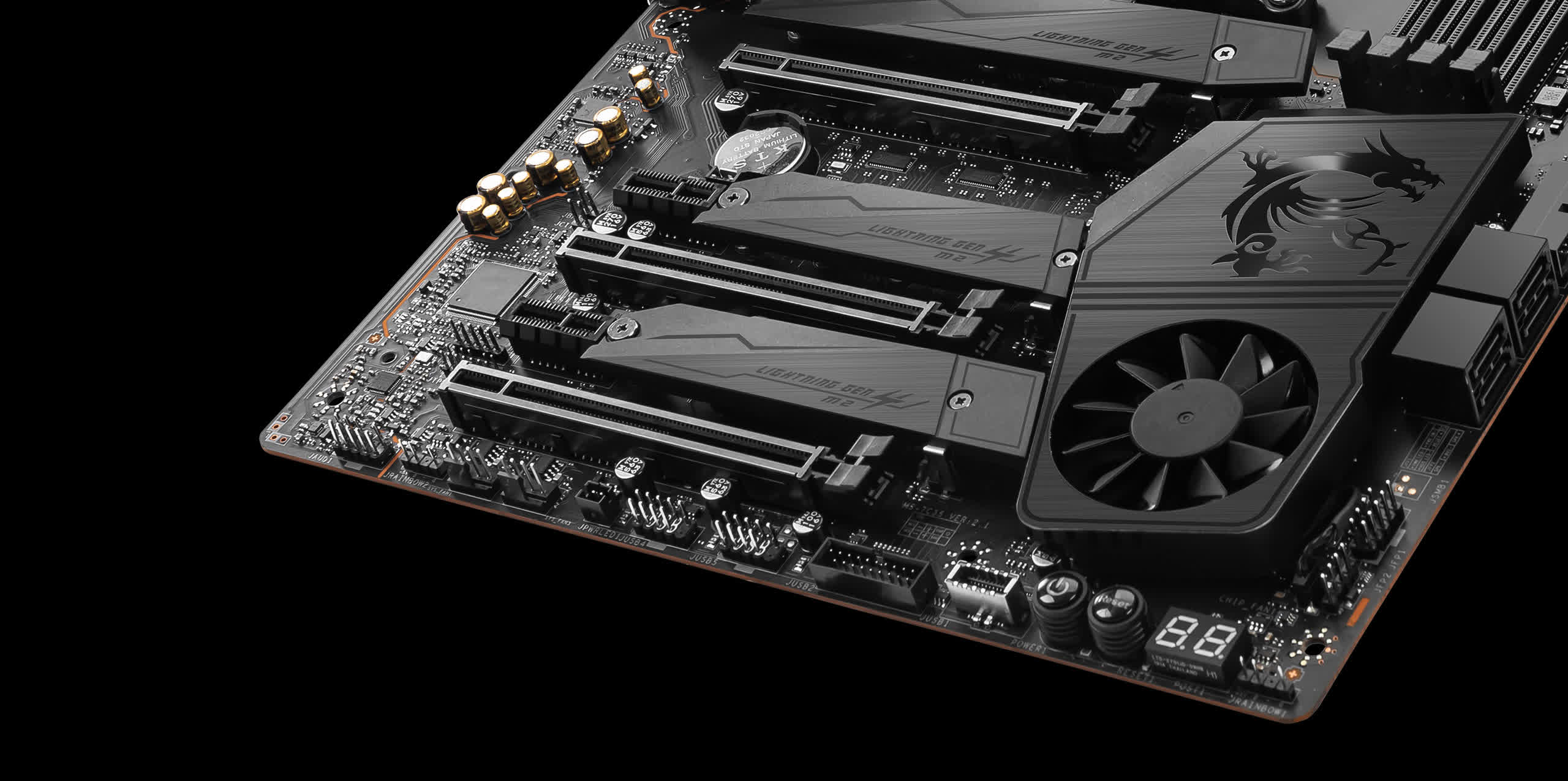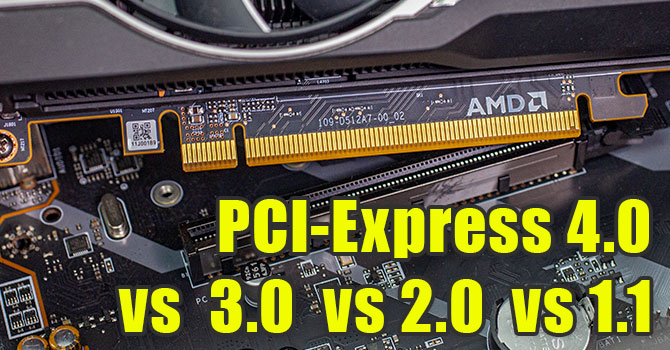hi guys
im planning to upgrade my gpu card but as my mobo is z490-9 prime asus and is pcie3*16 i dont know what happens if i put a pci4*16 graphic card.
most of ppl say in 3060ti gpu , there is 1% of difference and not more
link < ---- you can look at this video for proof
but my question is why this rule is being broken that pcie4 card on pcie 3 slot will reduce performance by 20 to50 percents.
which cards are like 3060ti and which cards are not
in AMD what pcie4 cards perform well in pcie3 like 3060ti?
BTW my current gpu is rtx 2060 super
im planning to upgrade my gpu card but as my mobo is z490-9 prime asus and is pcie3*16 i dont know what happens if i put a pci4*16 graphic card.
most of ppl say in 3060ti gpu , there is 1% of difference and not more
link < ---- you can look at this video for proof
but my question is why this rule is being broken that pcie4 card on pcie 3 slot will reduce performance by 20 to50 percents.
which cards are like 3060ti and which cards are not
in AMD what pcie4 cards perform well in pcie3 like 3060ti?
BTW my current gpu is rtx 2060 super






